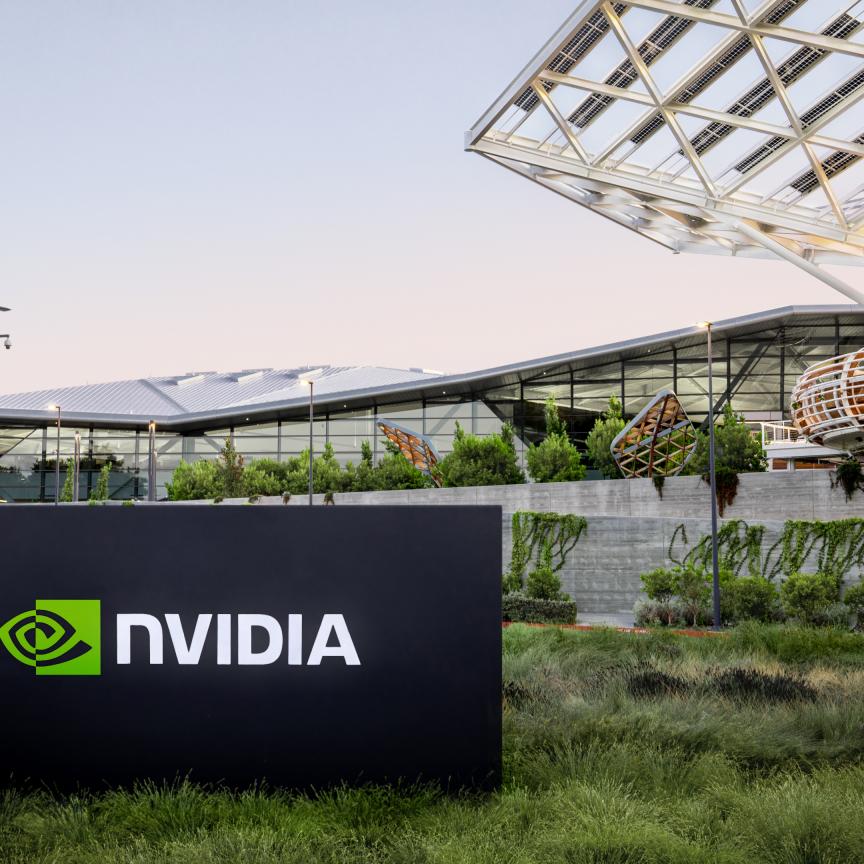Professor Abraham Katzir, a conference chair of the upcoming Optical Engineering and Science in Israel (OASIS) conference on 1-2 April, outlines the country's photonics industry
Could you summarise the photonics industry in Israel?
Optics and electro optics started in Israel many years ago, and now we have well-developed industry. In our very small country there are around 15,000 people working in optics – some in universities, many in industry. There are between 350 and 400 companies, ranging from start-ups to companies with annual sales of more than $100 million per year. One of these companies, ELOP, has more than US $1 billion in annual revenue.
Our education in optics is excellent. We say that Israelis think outside of the box, which is true. Three institutions in Israel are some of the world’s best: the Technion - Israel Institute of Technology, the Weizmann Institute of Science, and the Hebrew University of Jerusalem. We have lots of courses specialising in optics and the students are always looking to solve challenges in industry.
As a result, there was a need to start a conference to bring together optics researchers and companies, and so we launched the OASIS conference. We started more than 10 years ago, and the attendance has kept growing. At the last show in January 2017 (OASIS is biennial) we had more than 1,000 participants. There were 130-40 lectures across 13 plenary sessions, and an exhibit with more than 60 companies showing their products.
One of the unique things about this conference is that it brings the scientific and business communities together. In each of the sessions there were researchers from both academia and industry. In my opinion this is very beneficial because it is supporting collaboration between businesses, research institutions, and universities.
This year, we have 2018 Nobel Prize winner, Professor Gérard Mourou, giving a lecture entitled 'Passion for Extreme Light'. We have four other plenary speakers, including from the LIGO Laboratory in the USA and the Institut d’Optique in Paris. We expect to have more than 1,000 participants, and like last time there will be delegations from Europe – for example the Fraunhofer institutes in Germany.
How does the Israeli photonics industry collaborate with Europe?
I would say we are successful in collaborating with European institutions and industries. First of all, there is the German-Israeli Foundation for Scientific Research and Development, which provides financial support for joint research between Israel and Germany.
Many Israelis present their joint projects with European researchers and companies for Horizon 2020, and lots of researchers have been supported through this programme. Also, many larger optics firms have subsidiaries in Israel, such as Spectra-Physics and Rofin lasers, and have purchased companies in Israel.
Israelis attend multiple international events and are very open to collaboration. However, I would still like to see Israel broaden its collaboration with Europe.
We also have large programmes with the US too, including with the Department of Defence and the National Science Foundation. Many large companies have established subsidiaries in Israel, such as Coherent.
What do you think could help the Israeli optics industry grow?
I think that our government should spend more money on education. Our Ministry of Education does not spend enough money on technical education – engineering, applied sciences and so on.
Another thing I see is that many students – for example at our [Tel Aviv University] facility of engineering – get a Master’s degree but they don’t continue to the PhD level. I think this is a result of many large companies – Intel, Apple and so on – offering very high salaries, which are sometimes even higher than what a professor would earn. So, I think the government should give more financial support to encourage students to stay in education, because unless you have a PhD in physics, applied physics or chemistry, you cannot go very far. I think this will help the Israeli optics industry grow.
How do you see the photonics industry growing in the next few years?
Laser aesthetics is a large market that is growing very fast. The largest manufacturers are within the military and defence industries. Integrated circuits is also growing rapidly because of consumer electronics. There are many applications that use optics, and I see many new ideas and new companies being formed, which points to a good level of growth in the next few years.
--
The OASIS 7 conference is organised by the Israel Lasers and Electro-Optics Society (ILEOS), and will focus on encouraging interdisciplinary research as well as international cooperation.


